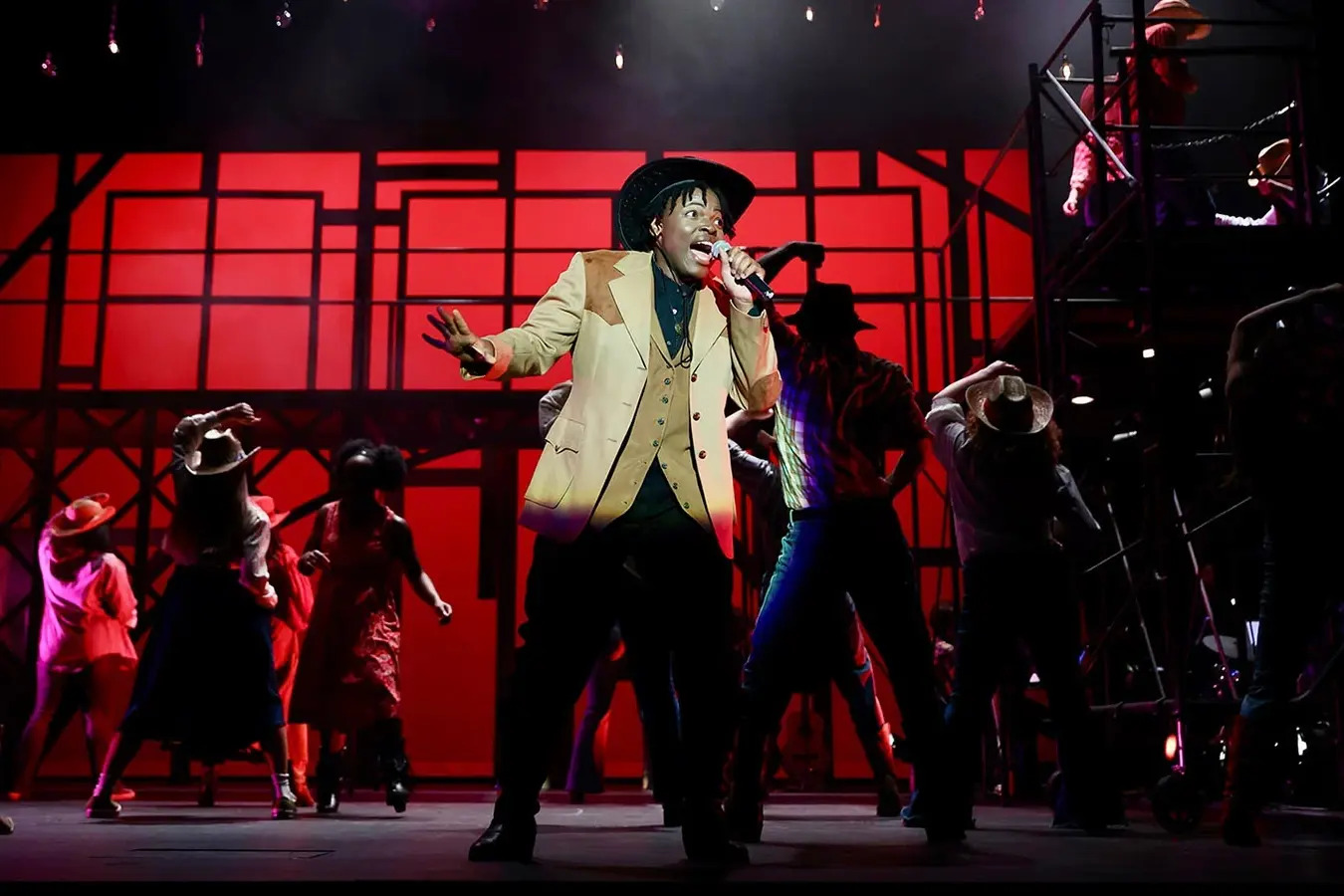
Ever wondered what makes theatre performers so captivating? These talented individuals bring stories to life on stage, creating unforgettable experiences for audiences. From their rigorous training to the unique challenges they face, theatre performers are a fascinating group. Did you know that many actors start their careers in community theatre or school plays? Or that they often spend hours perfecting their craft through voice and movement exercises? Whether they’re performing in a small local production or a Broadway hit, these artists pour their hearts into every role. Join us as we uncover 23 intriguing facts about the lives of theatre performers, shedding light on their dedication, passion, and the magic they create.
Key Takeaways:
- Theatre performers undergo extensive training in voice, movement, and improvisation to bring characters to life on stage, showcasing their dedication and diverse skill set.
- Life on stage comes with challenges like quick costume changes and stage fright, but the rewards of community, applause, and creative fulfillment make it all worthwhile for theatre performers.
The World of Theatre Performers
Theatre performers bring stories to life on stage, captivating audiences with their talent and dedication. Here are some fascinating facts about these incredible artists.
Training and Skills
Performers undergo rigorous training to perfect their craft. This section highlights the dedication and skills required to excel in theatre.
- Many theatre performers start training at a young age, often enrolling in drama schools or taking acting classes to hone their skills.
- Voice training is crucial for actors, as they need to project their voices clearly to reach the back of the theatre without microphones.
- Dance and movement classes are also essential, helping performers develop the physicality needed for various roles.
- Some actors learn stage combat to safely perform fight scenes, making them look realistic without causing harm.
- Improvisation skills are often practiced, allowing actors to think quickly and adapt if something goes wrong during a live performance.
Behind the Scenes
A lot happens behind the curtain before the show begins. This section delves into the preparation and teamwork involved in theatre productions.
- Rehearsals can last for weeks or even months, with actors working tirelessly to perfect their performances.
- Costumes are often custom-made for each production, requiring multiple fittings to ensure they fit perfectly and allow for movement.
- Makeup artists play a vital role, transforming actors into their characters with intricate designs and techniques.
- Set designers create the physical world of the play, building elaborate sets that transport audiences to different times and places.
- Stage managers coordinate all aspects of the production, ensuring everything runs smoothly during performances.
Life on Stage
Performing live comes with its own set of challenges and rewards. This section explores the unique aspects of life on stage.
- Theatre performers often have to memorize large amounts of dialogue, sometimes learning entire scripts in a matter of weeks.
- Quick costume changes are a common challenge, with actors sometimes having only seconds to switch outfits between scenes.
- Live performances mean there's no room for mistakes, requiring actors to stay focused and in character at all times.
- Audience reactions can vary, with some crowds being more responsive than others, which can affect the energy of the performance.
- Stage fright is a real issue for many performers, but they learn techniques to manage their nerves and deliver their best performances.
The Rewards of Theatre
Despite the challenges, theatre performers find immense joy and fulfillment in their work. This section highlights the rewards of a life in theatre.
- The sense of community among cast and crew members is strong, with many forming lifelong friendships.
- The thrill of a live audience's applause is a unique and exhilarating experience for actors.
- Theatre performers often have the opportunity to travel, performing in different cities and countries.
- Many actors find joy in the creative process, collaborating with directors, writers, and fellow actors to bring a story to life.
- Theatre can be a powerful medium for social change, allowing performers to address important issues and inspire audiences.
Fun Facts
Here are some fun and lesser-known facts about theatre performers that might surprise you.
- Some actors have superstitions, such as never saying "Macbeth" inside a theatre, as it's considered bad luck.
- Many performers have pre-show rituals, like specific warm-up exercises or listening to certain music to get into character.
- Theatre performers often have to learn new skills for specific roles, such as playing a musical instrument or mastering a foreign accent.
The Final Bow
Theatre performers bring magic to the stage, captivating audiences with their talent and dedication. From rigorous training to the thrill of live performances, these artists pour their hearts into every role. They often juggle multiple jobs, face intense competition, and endure long hours of rehearsals. Yet, their passion for the craft keeps them going. Whether it's a Broadway star or a local community actor, each performer contributes to the rich tapestry of theatre. Their commitment to storytelling, emotional expression, and audience connection makes theatre a unique and cherished art form. Next time you watch a play, remember the hard work and love that goes into every performance. The world of theatre is vibrant, challenging, and deeply rewarding for those who dare to take the stage.
Frequently Asked Questions
Was this page helpful?
Our commitment to delivering trustworthy and engaging content is at the heart of what we do. Each fact on our site is contributed by real users like you, bringing a wealth of diverse insights and information. To ensure the highest standards of accuracy and reliability, our dedicated editors meticulously review each submission. This process guarantees that the facts we share are not only fascinating but also credible. Trust in our commitment to quality and authenticity as you explore and learn with us.
